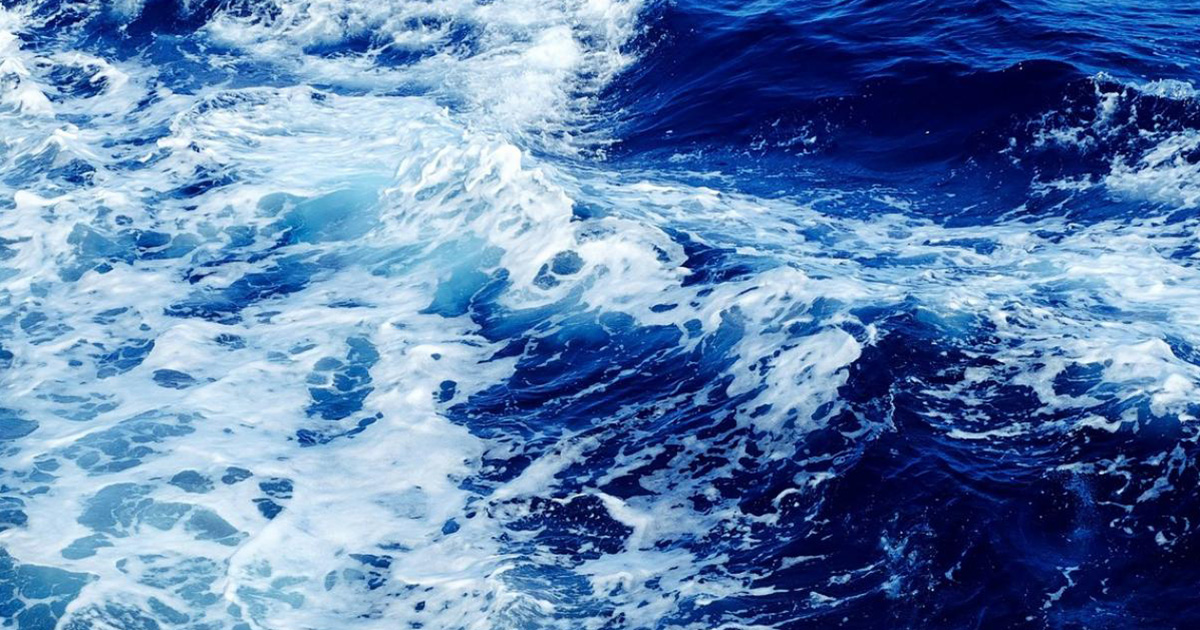Researchers have successfully split seawater without pre-treatment to produce green hydrogen.
The international team was led by the University of Adelaide's Professor Shizhang Qiao and Associate Professor Yao Zheng from the School of Chemical Engineering.
"We have split natural seawater into oxygen and hydrogen with nearly 100 percent efficiency to produce green hydrogen by electrolysis, using a non-precious and cheap catalyst in a commercial electrolyzer," said Professor Qiao.
A typical non-precious catalyst is cobalt oxide with chromium oxide on its surface.
"We used seawater as a feedstock without the need for any pre-treatment processes like reverse osmosis desolation, purification, or alkalization," said Associate Professor Zheng.
"The performance of a commercial electrolyzer with our catalysts running in seawater is close to the performance of platinum/iridium catalysts running in a feedstock of highly purified deionized water.
The team published their research in the journal Nature Energy.
"Current electrolyzers are operated with highly purified water electrolytes. Increased demand for hydrogen to partially or totally replace energy generated by fossil fuels will significantly increase scarcity of increasingly limited freshwater resources," said Associate Professor Zheng.
Seawater is an almost infinite resource and is considered a natural feedstock electrolyte. This is more practical for regions with long coastlines and abundant sunlight. However, it isn't practical for regions where seawater is scarce.
Seawater electrolysis is still in early development compared with pure water electrolysis because of electrode side reactions and corrosion arising from the complexities of using seawater.
"It is always necessary to treat impure water to a level of water purity for conventional electrolyzer including desalination and deionization, which increases the operation and maintenance cost of the processes," said Associate Professor Zheng.
"Our work provides a solution to directly utilize seawater without pre-treatment systems and alkali addition, which shows similar performance as that of existing metal-based mature pure water electrolyzer."
The team will work on scaling up the system by using a larger electrolyzer so that it can be used in commercial processes such as hydrogen generation for fuel cells and ammonia synthesis.
Journal Reference:
- Jiaxin Guo, Yao Zheng, Zhenpeng Hu, Caiyan Zheng, Jing Mao, Kun Du, Mietek Jaroniec, Shi-Zhang Qiao, Tao Ling. Direct seawater electrolysis by adjusting the local reaction environment of a catalyst. Nature Energy, 2023; DOI: 10.1038/s41560-023-01195-x



